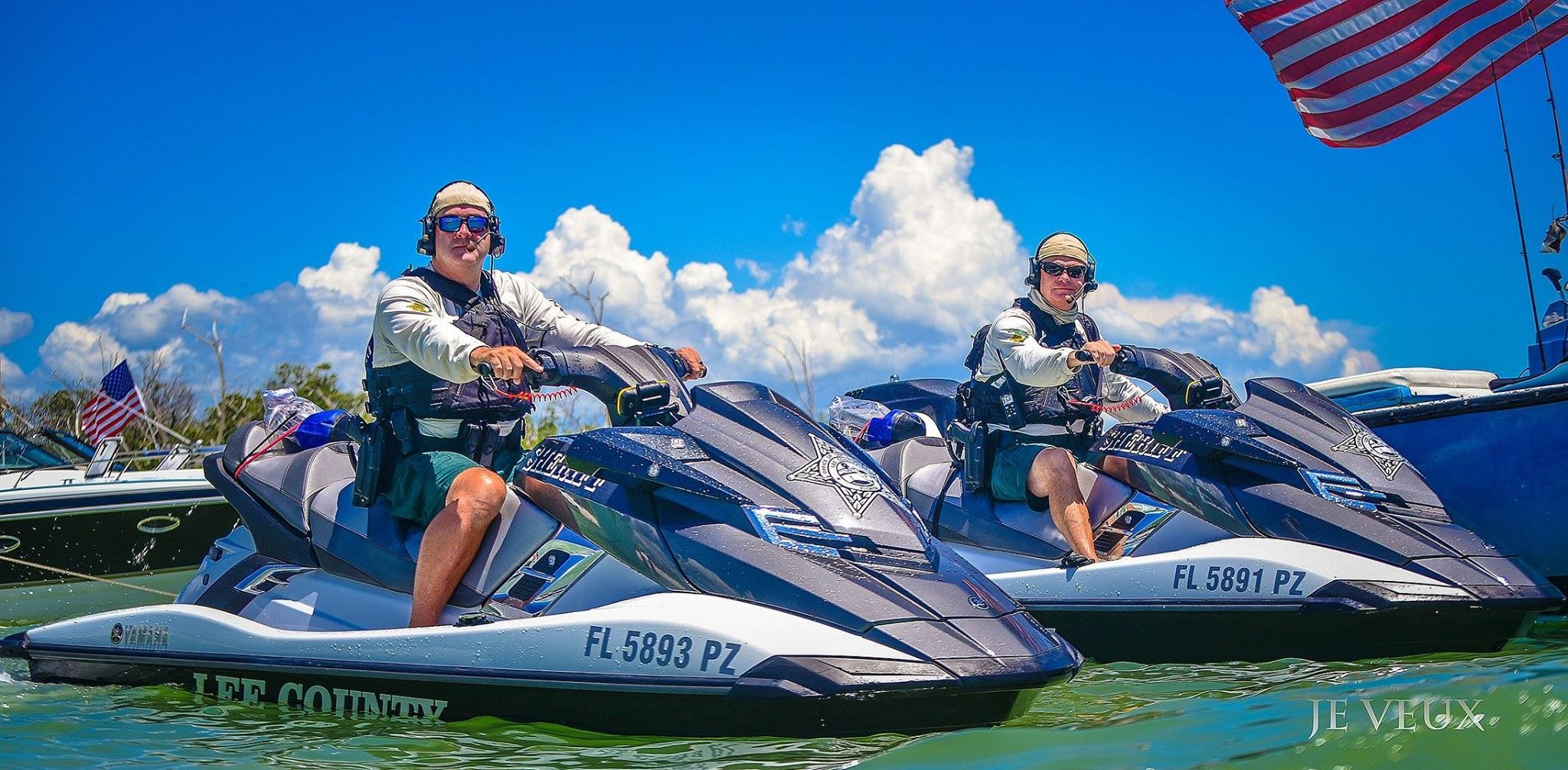Personal Water Craft
One of the most popular attractions for folks who want to have fun on the water but don’t have the capacity or the desire to own a large boat, or those who already own a boat and want to add the fun of zipping around area waterways in a different way, is the Personal Water Craft. The great thing about them for novices is that they are relatively easy to operate, plus they are sporty looking. For the adventuresome water enthusiasts, they offer high speed, maneuverability, and just plain fun, for young and old. That being said, they can also be a source of irritation when they are operated improperly and can be downright dangerous for those who abuse the rules or give lip service to the safety features required by law. Please understand that a PWC, despite its non-boat-like appearance in a traditional sense, is a boat, subject to the same rules as their larger brethren, with some minor exceptions. As such, they are required to be registered with the State of Florida and have registration numbers affixed to their hulls. You have thirty days from the date of purchase to mount the numbers, and you must carry the registration certificate on board at all times (many newer PWCs have water tight compartments where they can be stored). If you operate a PWC and were born after January 1, 1988, you must also possess a Florida Boater’s Card, signifying completion of a course in boating safety and operation. This course can be taken online at “MYFWC.COM.” (Those who rent PWCs must complete a written test in lieu of the official card). In addition, they are required to have a fire extinguisher, a whistle, and approved life jackets for all on board. The life jackets must be properly worn, meaning all straps must be buckled. It is actually a ticket-able offense to wear a life jacket that is not properly secured. Finally, and perhaps most importantly, the driver must be wearing a kill switch, which will stop the motor if the driver is unseated, a relatively common occurrence for newcomers and thrill seekers. The Lee County Sheriff’s Marine Unit counts speeding in slow and idle speed zones and buoy-protected areas, along with improper or non-existent paperwork (particularly Boater’s Cards) and lack of required safety equipment as the most pressing issues with PWC operators. The requirements aren’t onerous. Please familiarize yourself with area waterways by reading the signs and operating accordingly. There are a number of manatee “slow speed” zones which must be respected, along with “idle speed” areas in and around marinas. Courtesy around other boaters is desirable, as well. Fishermen will especially appreciate it. There are plenty of places where you can run “hammer down,” do tricks, or just cruise around. Following the rules will allow everybody who plies the expansive waters of Lee County to have fun and be safe.

